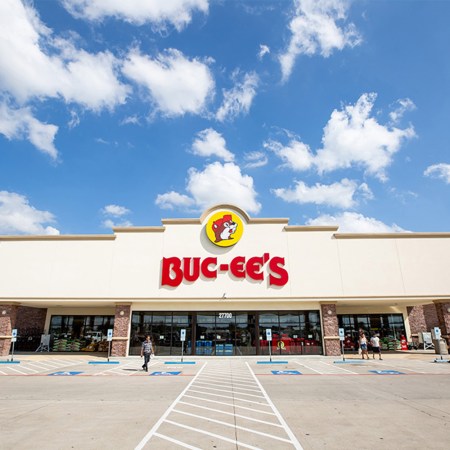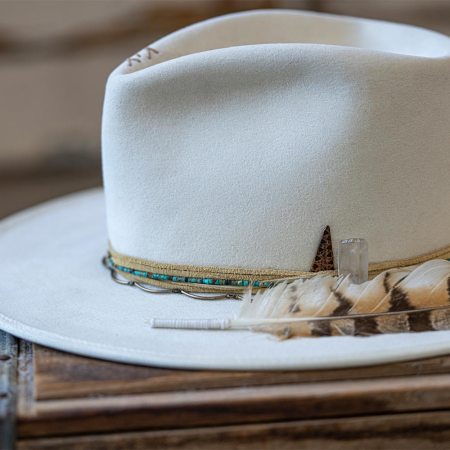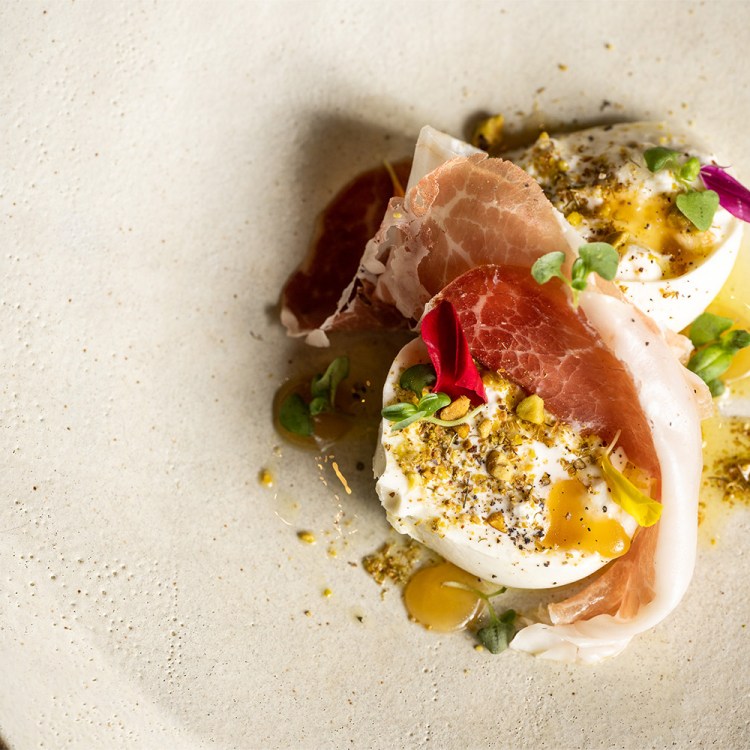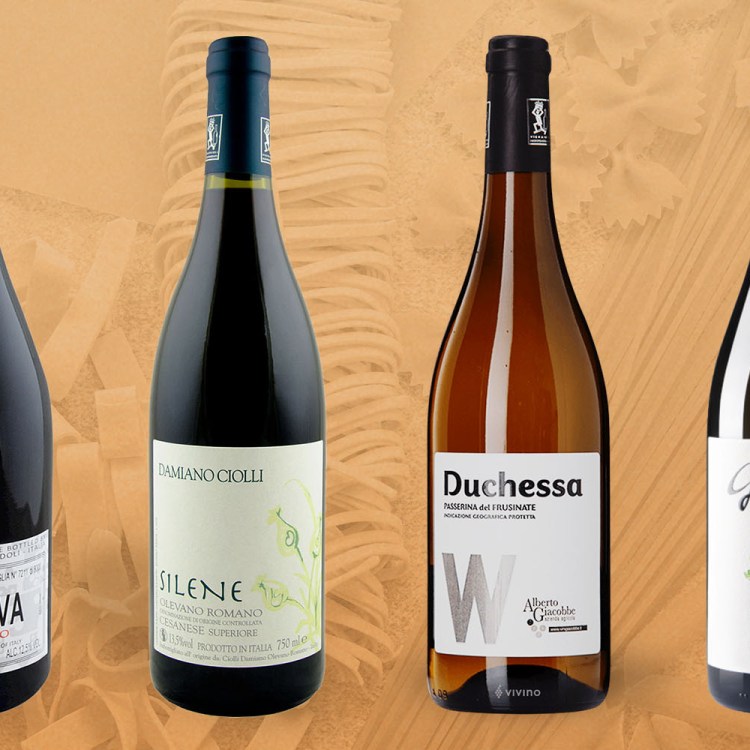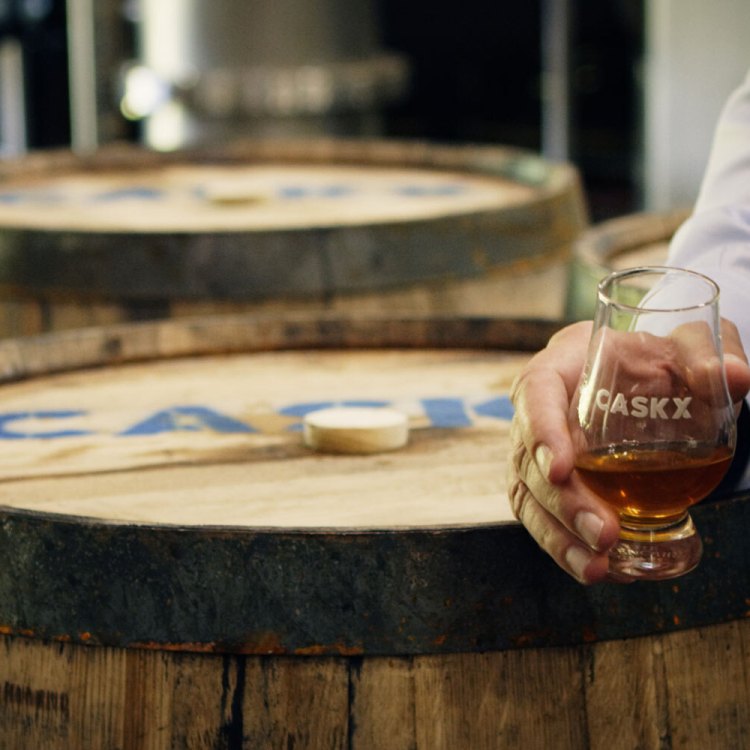Between all of the different types and sub-types, there are hundreds of varieties of heirloom corn. But growing up in Colima on the west coast of Mexico, Olivia Lopez’s options were mostly limited to white and yellow, just like the typical American diet.
“There was a movement in Mexico in the 1970s, when the government compromised to make corn cheaper because it’s one of the bases of Mexico’s diet,” she explains. As a result, mass-produced corn became the norm. Large farms began producing the same types of GMO corn, and smaller producers couldn’t compete.
Lopez moved to Dallas and worked in some of the city’s better kitchens, including Mirador and Billy Can Can. Years of making pasta, another staple available in many forms, led her to think about corn and the food she grew up eating in Mexico. Eventually she reached an inflection point and began to consider where she wanted to take her career.

“When you go to cooking school, the base is French food, and most of the places I worked were French or Italian or new American,” she says. “But what about the food I grew up with?”
Lopez knew of the movement to use heirloom corn. “It really got my attention, and I wanted to learn more about it and support the farmers and culture at the same time. So I decided to go home and learn more about my own culture and food.”
That trip home turned into a six-month reconnaissance mission. She ate and researched her way around Colima and neighboring Jalisco, meeting with farmers and visiting an heirloom corn cooperative, trying as many types of corn as she could find. She returned to Dallas with a singular goal: “I wanted my work to focus on corn.”
She bought a small mill to turn nixtamalized corn (a process that includes soaking corn in an alkaline solution to prep it for grinding) into masa, and started by making masa-centric dishes at Billy Can Can. In April 2021, a serious bout with Covid kept her out of work for months. Once she recovered, she decided to take the leap: She found a commercial kitchen space, named her company Molino Olōyō, and officially launched the business in August 2021.

“I wasn’t sure how it would work,” she admits. “I was really scared, but the cheapest way to start was by doing everything through Instagram.” She found a willing audience that, after more than a year of pandemic living, was accustomed to sliding into one’s DMs to place food orders.
Lopez makes pillowy, flavor-packed tortillas that are pink, purple, blue and brown. Warm tamales layer vegetables and meat into loving cocoons that are wrapped in corn husks or banana leaves. Salsa macha is spicy and earthy, made from dried chiles, nuts and garlic.
Lopez and her partner, Jonathan Percival, have a small farm outside of Dallas where they grow much of the produce that goes into the tamales. And what they can’t grow themselves, they source locally. But they don’t grow corn, instead choosing to import heirloom varieties. “The whole point is to support the Mexican farmers,” says Lopez.

Beyond Instagram orders, Molino Olōyō also pops up at events, where Lopez can showcase her food to larger audiences. And she’ll work private dinners, which often include multi-course menus that allow her to enlist her talents as a chef.
Part of the growth process includes educating her customer base on heirloom corn, its history, and its importance to communities. “It helps when people understand why we’re doing what we’re doing and why it matters,” she says. “A lot of people don’t know that the natural color of corn can be pink or brown or blue. We let people know there are differences in each type of corn, and why I use certain corn for tamales or tortillas or ice cream—they all have different properties.”
Eventually, Lopez plans to open a storefront, where she’ll have the flexibility to offer more products and expand the menu to include tacos and other dishes. “But the focus will always be corn,” she says.
This article was featured in the InsideHook Texas newsletter. Sign up now for more from the Lone Star State.


